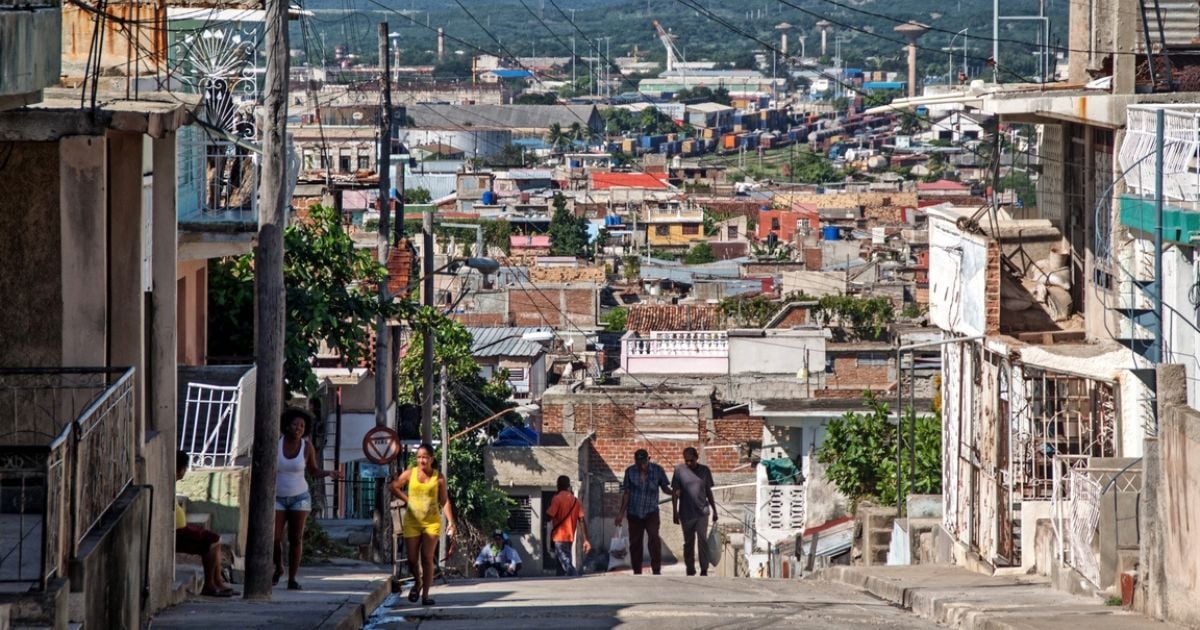The province of Santiago de Cuba is grappling with a severe epidemiological situation as four viruses have been confirmed to be circulating: dengue, influenza, oropouche, and SARS-CoV-2, the latter responsible for COVID-19, according to official sources on Wednesday.
Aris Batalla, a representative from the Red Cross in Santiago de Cuba, warned on Facebook that the presence of these viruses poses a significant risk to the population. He stressed the need for preventive measures amid a dire shortage of medications such as analgesics and antipyretics.
Batalla emphasized the importance of weekly self-inspections, sleeping under mosquito nets, avoiding street food of dubious origin, boiling drinking water, using repellents, frequent hand washing, and wearing face masks, highlighting that all these diseases are transmitted through various pathways.
However, persistent power outages, prolonged water supply cycles in some parts of the province, and limited access to cooking methods complicate the implementation of many of these measures.
The rescuer also underlined the importance of staying hydrated, recommending cilantro root tea but urged caution. For medical recommendations, he suggested using dipyrone or paracetamol, although these are scarce in some provincial hospitals, for fever, headaches, and joint and muscle pain.
He cautioned against taking ibuprofen, naproxen, diclofenac, or piroxicam, and especially aspirin, due to their anti-platelet effects, which reduce blood plasma coagulation and can increase the risk of hemorrhages in the case of arboviral infections.
Additionally, he mentioned the benefits of vitamins and consuming gelatin, which can only be purchased in stores accepting MLC or from private businesses, as well as the well-known chicken foot broth.
Lastly, he stressed the importance of consulting a doctor, as they are the professionals qualified to make decisions, and antibiotics should only be taken if prescribed by a healthcare provider.
CiberCuba reached out to a doctor from the Ambrosio Grillo Hospital in Santiago de Cuba, which typically handles arboviral disease cases. The doctor, who chose to remain anonymous, noted an alarming increase in patients with symptoms of Guillain-Barré Syndrome in recent days.
According to the doctor, these findings have emerged following the confirmed presence of Oropouche fever in the region, suggesting a direct link between this disease and Guillain-Barré Syndrome.
"Dengue is always present, but we weren't seeing Guillain-Barré cases. However, since the appearance of Oropouche, some cases with this syndrome have been arriving," the doctor stated, also criticizing the regime's passive stance on the situation.
Recently, the National Director of Epidemiology at the Ministry of Public Health (MINSAP), Francisco Durán, acknowledged that the country lacks fuel for mosquito fumigation, amid the rising presence of the Oropouche virus in Cuba.
In a press conference, the esteemed doctor stated that this disease has primarily been identified in suburban and rural areas, as reported by Juventud Técnica.
The Oropouche virus is transmitted by a mosquito of the Culex genus, which is widespread across the country and breeds in any body of water, making it challenging to control.
Addressing the Public Health Crisis in Santiago de Cuba
To provide further insights into the public health crisis in Santiago de Cuba, here are some frequently asked questions and their answers regarding the current situation.
What viruses are currently circulating in Santiago de Cuba?
The province is dealing with the circulation of dengue, influenza, oropouche, and SARS-CoV-2, which causes COVID-19.
What preventive measures are recommended?
Preventive measures include weekly self-inspections, sleeping under mosquito nets, avoiding dubious street food, boiling drinking water, using repellents, frequent hand washing, and wearing face masks.
Why is the situation particularly challenging in Santiago de Cuba?
The situation is exacerbated by persistent power outages, limited water supply, and restricted access to cooking methods, making it difficult to adhere to preventive measures.
What should be avoided in terms of medication?
Ibuprofen, naproxen, diclofenac, piroxicam, and especially aspirin should be avoided due to their anti-platelet effects, which can increase the risk of hemorrhages in the case of arboviral infections.
